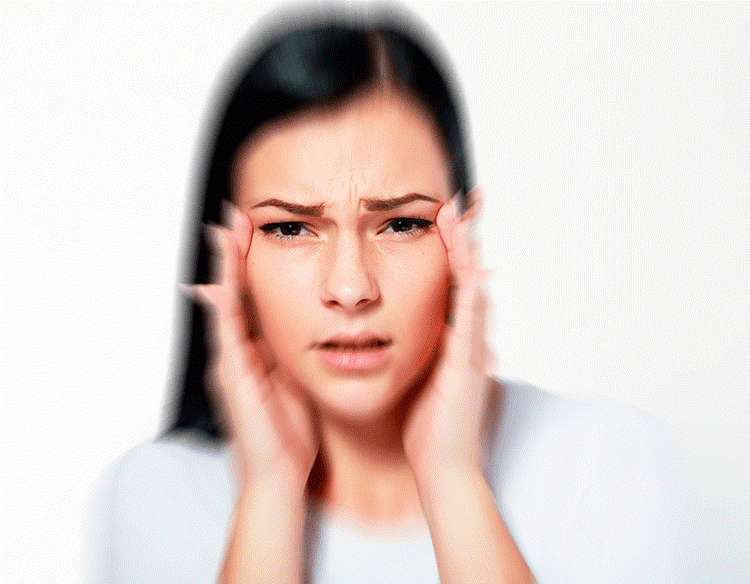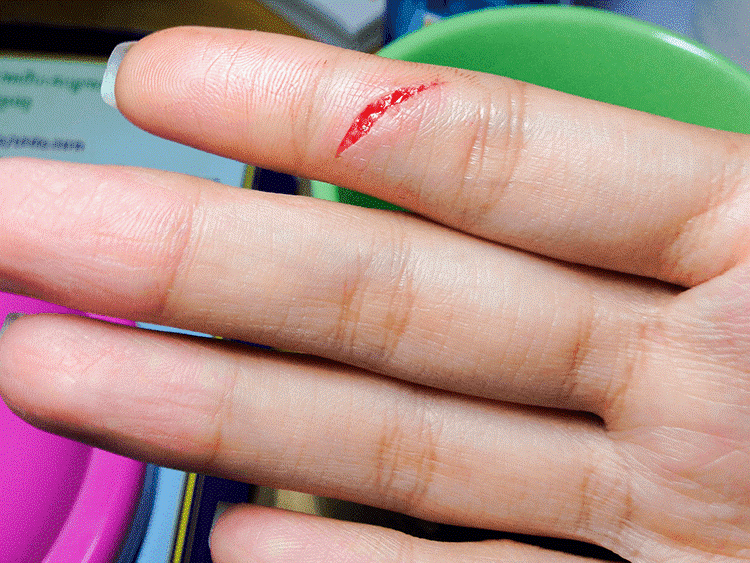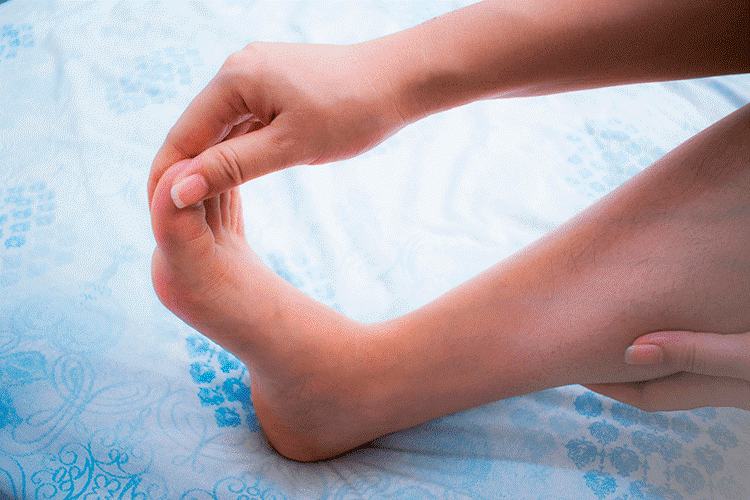17 Warning Signs you may have diabetes

17 Warning Signs you may have diabetes
Different people experience diabetes symptoms in different ways, from symptoms that we readily talk about in small gatherings like tiredness, to those we find too heavy to tell our best friends – like erectile dysfunction and even severe coughs. Depending on the level of diabetes infection, signs can be mild or severe, but all signs should be taken with the same level of seriousness.
Yes, diabetes is manageable, but it has the power to shorten your life if you delay in taking actions. It is also powerful enough to cause health conditions like blindness, loss of a foot, or even heart attack.
Here, we’ve compiled a full list of diabetes signs that you can watch out for. Once noticed, a visit to your doctor becomes an absolute necessity.
1. Fatigue

Undoubtedly, fatigue can be caused by many things, including the simplest ones like not getting enough sleep. But fatigue always comes with diabetes, because the condition prevents the body from making use of all the nutrients that are found in the foods consumed.
If you discover that you’re continually feeling fatigued or getting too tired after eating, then you may want to run a diabetes test.
2. Excessive hunger and thirst

Diabetes can cause the body to overwork itself by trying to process glucose in the bloodstream. At such times, water gets pulled out of cells to flush the excess away. However, the process causes the body to lose all the essential nutrients it needs, including glucose itself, resulting in cycles and hunger and dehydration, even after several meals.
3. Unexplained Increase in Hunger

Sugar, or glucose, is a fuel source we need to power our bodies. But when we get too much, insulin produced by the pancreas becomes unable to process glucose effectively. That leaves a lot of sugar floating around the blood, where it cannot be used for energy. As a result, you may feel hungry soon after a meal, because your body hasn’t gotten what it needs.
Hunger is usually a good cue to eat more, but in the case of prediabetes, it won’t help the problem. It is better to drink some water to help flush extra sugar out in your urine, and partake in gentle exercise to improve your body’s insulin sensitivity.
4. Blurry Vision

Both prediabetes and full blown diabetes can negatively impact your vision. When blood sugar levels swing wildly from high to low, it can cause fluid to leak into the lens of your eye. That happens because your body has gone into overdrive to pull as much water as possible from cells in order to flush out excess sugar. The effect on your eyes is that they swell and change shape, eventually preventing them from focusing properly.
There are a lot of other potential causes for blurry vision, but if you can link yours with any of the other symptoms on our list, prediabetes could be the culprit.
5. Erectile dysfunction

When diabetes is left uncontrolled, it often leads to erectile dysfunction, stemming from damaged nerves and blood vessels. Both partners suffer when a case of erectile dysfunction happens. You don’t want to add relationship problems to your already aggravated case of diabetes; hence, the need to put the embarrassment behind you and consult a doctor.
6. Blurry vision

One primary symptom that is associated with diabetes is blurry vision, which mostly occurs because of the dependence of eyes on the fluid around it to function correctly.
Dehydration in the lens can cause the eyes to struggle to focus. However, proper management can often be resolved with proper diabetes management. But, leaving the situation unchecked can lead to damage of nerves, and this can result in permanent blindness.
7. Slow healing sores

You should not take it for granted when you notice sores that are taking too long to heal, because unless you’ve been picking on them, it could be an indication of diabetes.
Apart from your body’s healing power being compromised by the body’s efforts to eliminate excess glucose, several opportunistic infections enjoy feeding on sugar, hence will jump in at its availability.
8. Unexplained weight loss

The idea of eating so much and still losing weight seems great, right? Well, in this case, it’s more of a nightmare than a dream as your body fails in trying to retrieve the needed fuel from the food you eat. It instead results in burning fat for survival. After a while, it will seem like you are starving, even though you are consuming quite plenty.
9. Nausea and vomiting

Advertisement
When left uncontrolled, diabetes can result in rapid and excess weight loss, meaning that your body is burning fat at a barely sustainable rate. The process often leads to the creation of ketones, which can lead to a potentially fatal condition known as diabetic ketoacidosis if left unchecked.
People with sensitive stomachs will experience nausea and even vomiting
10. Painful or numb feet and legs

Diabetes often results in nerve damage, which is more noticeable in the feet and legs.
The poor flow of blood and nerve damage can combine to cause skin ulcers or infections that often take longer to heal.
11. Swollen or tender gums

Diabetes is popular for weakening the body’s ability to warn off germs, which you know are everywhere. Due to its position in an environment that’s always moist, the presence of sharp teeth surrounded by soft tissues, and all the stuff we eat every day, the mouth is left sensitive to infection.
If you notice weakening in your gum or the development of pockets of pus on it, seek help immediately.
12. Weird smelling breath

One other common symptom of diabetes is Halitosis, popularly known as bad breath. This occurs because diabetes causes proneness to infection. Inflammation of gums is also a major cause of bad breath.
The condition of ketoacidosis that we’ve mentioned above is another major source of bad breath that’s related to diabetes.
13. Polycystic Ovary Syndrome

Diabetes is a significant cause of this condition that is a leading cause of infertility among diabetic women. Unfortunately, it is also a principal cause of insulin resistance.
Research statistics point that up to 50% of PCOS cases in women will eventually develop into diabetes, so upon diagnosis of PCOS, your doctor will often recommend lifestyle changes that you need to follow strictly.
14. Skin darkening

This symptom, when it occurs, involves skin darkening and thickening, especially in areas of folds. Areas like the neck, armpits, groin, and under the breast are important places to look out for these symptoms.
Doctors consider darkening and thickness of skin to be an indication of diabetes, which is thought to be related to insulin resistance.
15. Chronic dehydration

Like we’ve mentioned earlier, dehydration is a primary symptom of diabetes, and it occurs chiefly because high blood glucose results in your body pulling water from cells without being able to replenish it. Having to pee at all times eliminates water from your system.
Dehydration is a more severe case than a lot of people know. At its lower level, it can contribute to issues like poor vision, dry skin, and painful joints, but at its worst level, it can cause death.
16. Irritability/depression

The vagueness and often unconnectable symptoms of diabetes can spark irritable emotions that often becomes a primary concern itself.
From cases of exhaustion to diminished sex life or reoccurring yeast infections – you will find yourself going through series of irritable emotions which if left unchecked can result in depression.
17.Conclusion

Taking care of your physical health should be a priority at all times.
Once you begin to notice any or a combination of these symptoms, please get tested for diabetes. Early detection can help for easy control and even treatment.